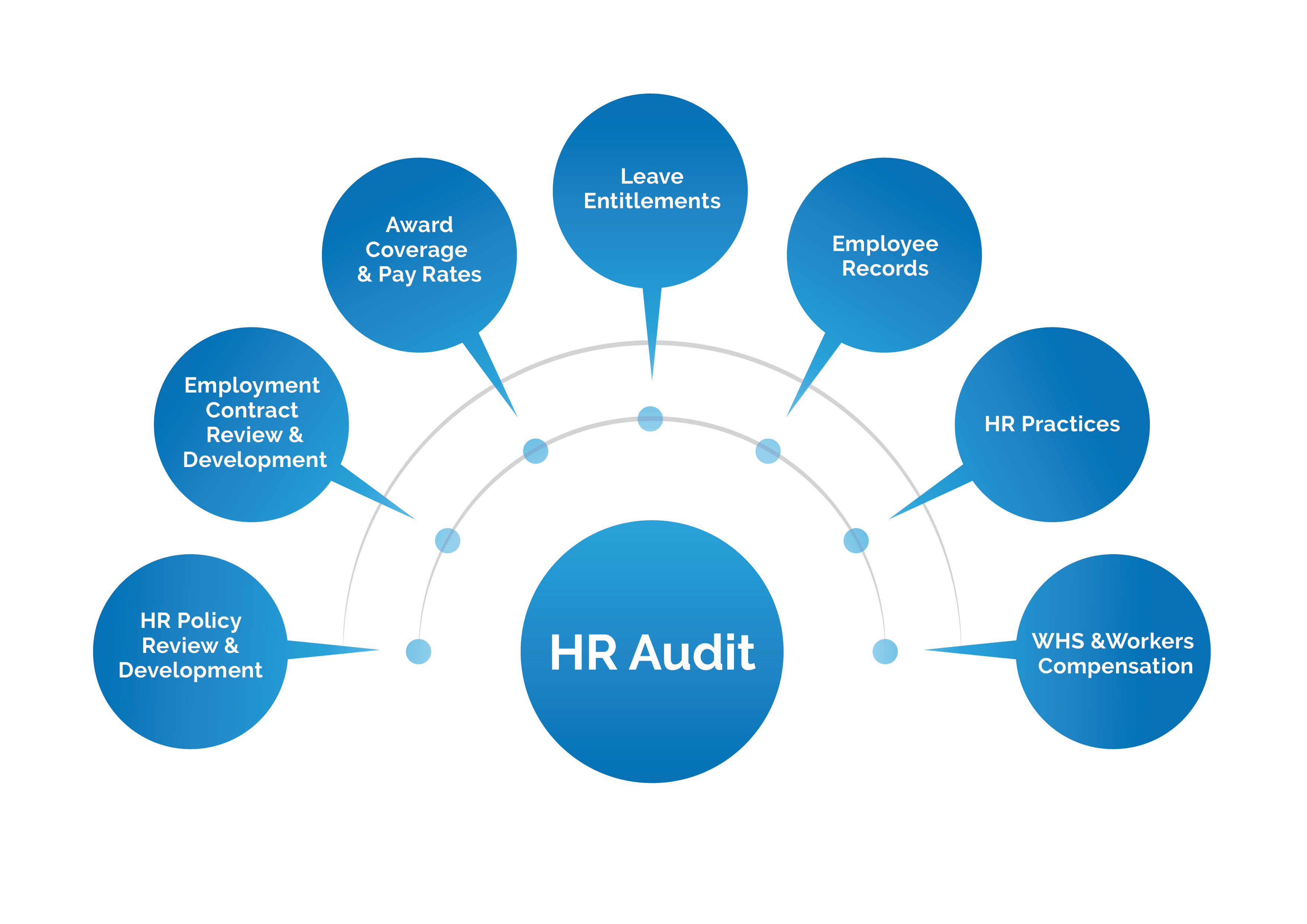Importance of HR Audit in context of Nepal
HR Audit
Human resource professionals are the ones who ensure that the business gets the best out of the employees of the organization and provide high return on the investment that the organization makes in its people. But still, even after all the effort, there exist a gap between the HR and other departments and the reason behind it is vague. To gap the bridge between other departments and HR, the organization can review the human resource policies, procedures and system, which is also known as, HR Audit. Through HR Audit, the organization identifies the needs for improvement and enhances the HR function of the organization. Also, it assesses compliance with ever changing rules and regulations because you might be out of date before you even realize it.
An Overview
We are quite aware of the financial audit that takes place in an organization. It is mandatory in an organization which examines the past based on practices and procedures for identifying issues that ensure compliance to sound accounting principles. Similarly, HR Audit examines the health of Human Resource function to establish the best practices that are productive to the business.
HR Audit is a comprehensive method to survey current HR arrangements, strategies, documentation and systems to identify needs for improvement and enhancement of HR function also, to evaluate consistency with regularly changing rules and regulations. An Audit involves systematically looking into all parts of HR, usually in a checklist format.
Overall, audits need to be a development exercise. As articulated by Divakar Kaza, Lupin Ltd, “The goal of HR audit is not to pinpoint responsibilities, but it is rather to identify areas of improvement.”
HR audit includes the following areas:
- Policies and Procedures
- Employee Records
- Compensation and Benefits
- Training and Development
- Performance Evaluation and Management
- Health and safety
- Recruitment and Onboarding
Benefits of HR Audit
HR Audit benefits not only in the administrative and operational level but also in the strategic level. Every level and department of the organization are equally important and HR audit looks at the core areas of the organization.
Scenario of India
In India, The People Matters HR Audit Study 2016 surveyed 72 companies to assess and evaluate HR Audit procedures in which there were 41% Multinational companies, 32% Professionally run businesses, 17% Family-owned businesses, 1% Public sector organizations and 9% other organizations. The findings from the survey revealed that even when HR Audits are a routine process in majority of the organizations, very few companies employ dedicated resources that support audit procedures. Furthermore, there is a need for companies to proactively use them for business risk assessment and process improvements.
Benefits accrued from Audits
- Identifying and correcting risk gaps
- Litigation avoidance
- Cost Avoidance
These were the major benefits that organizations received by doing HR Audit. But, in order to derive maximum outcome from the audits, it is important that the context of the audit for the business is clarified at the initiation stage of the audit. This will lead to better understanding of the role of audits in HR.
Conclusion
HR Audit is mandatory for every organization in Nepal and according to Labor Act 2017, section 56, it should be conducted by the end of Poush (Mid-January) every year. The Ministry of Labor has provided a standard form which is to be filled for the survey.
HR Audit will not only help the organization assess the important factors for creating a financially healthy future, but also provide insights into the qualitative aspects that impact the organization’s culture. Along with helping to ensure compliance with important HR regulations, HR audit helps eliminate the guesswork around benefit packages, stay updated with latest employment laws and trends, ensure fair payment to the employees.
Whatever specific challenges the organization is facing, HR audit services can help the organization to enhance processes and procedures that are impacting the organization’s greatest asset – the people. HR Audit can thus, take the company’s HR function to the next level.
Written By: Trishmita Upreti | Ace Institute of Management, MBA
(Her internship assignment at Talent Connects)



